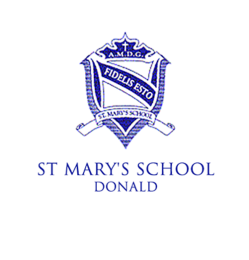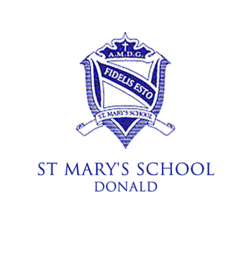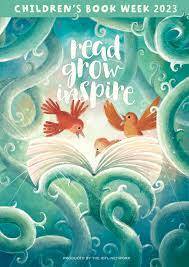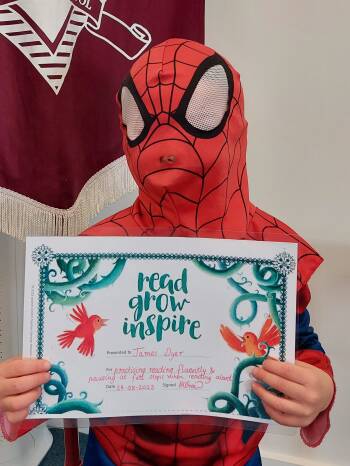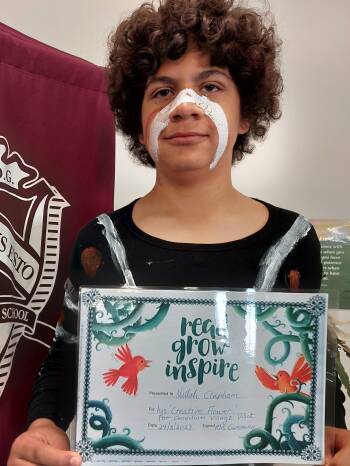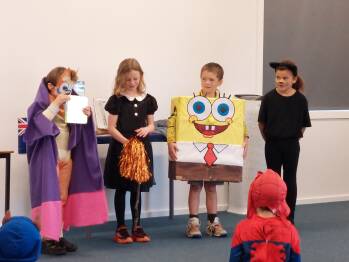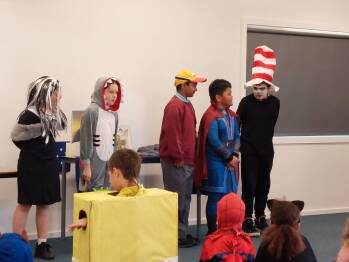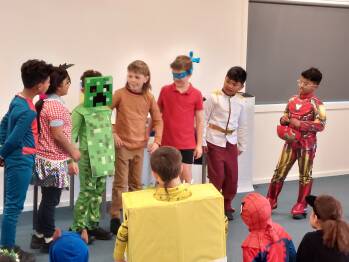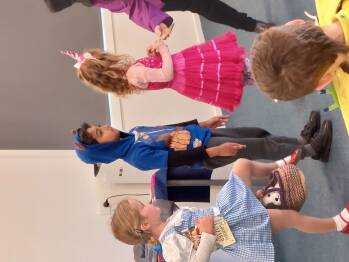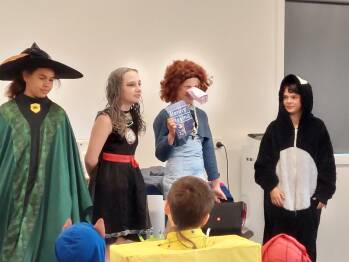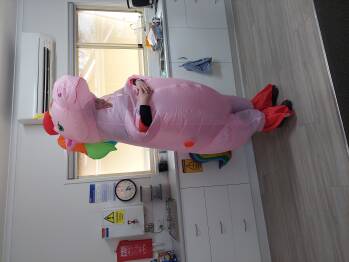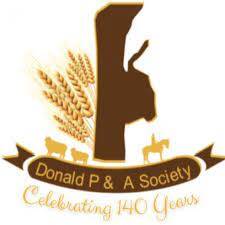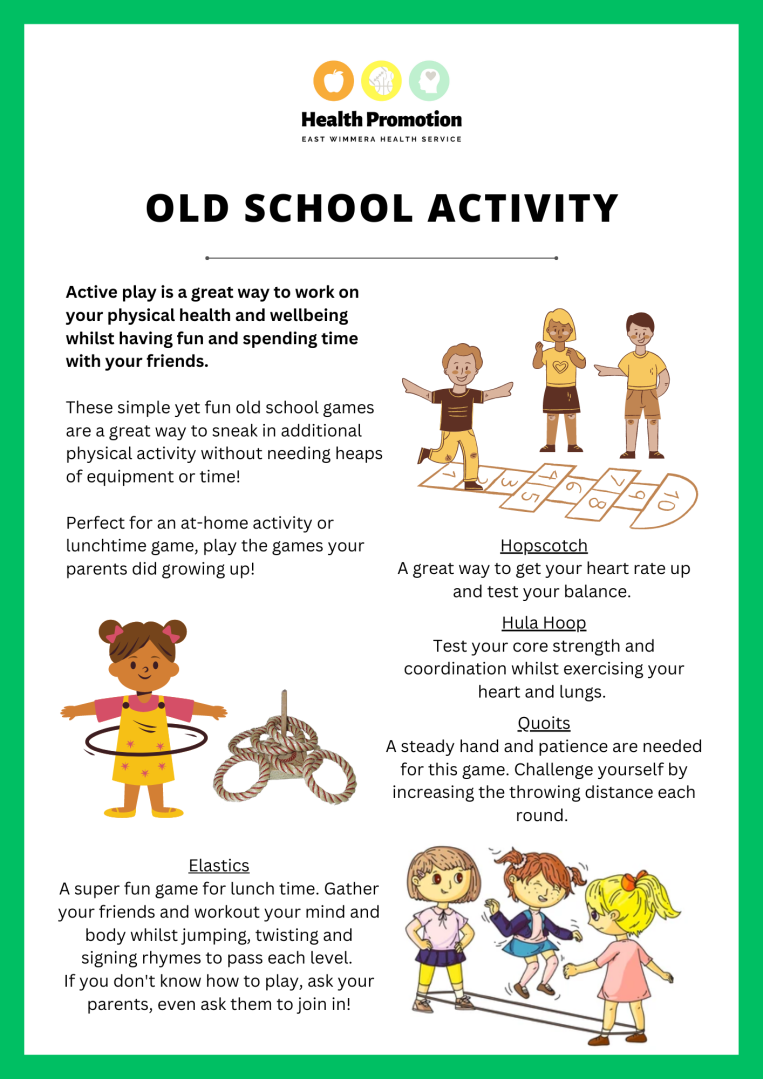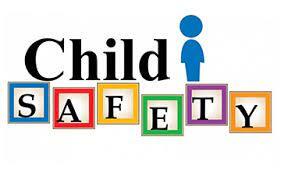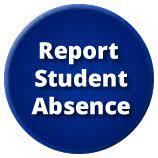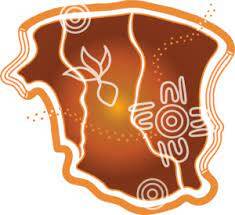Welcome everyone,
This week I was fortunate to be at PD days involving Learning Diversity in Ballarat and Religion in Halls Gap. The surrounds in Halls Gap were so amazing and the mountains all so magnificent as we listened to the beautifully woven intellect of Veronica Lawson as she guided us through the gospel of Matthew and in particular a focus on Mary Magdalene.
Book Week
Thursday morning saw the school grounds come alive with a vibrant burst of imagination, as we celebrated the annual Book Week Parade. This year's parade was nothing short of a delightful spectacle, as students and teachers joined in the festivities dressed as their favourite literary characters. Putting in appearances were rabbits, cats, Minecraft characters a stick and lots of other characters. The event was a testament to the enduring power of books to transport us to new worlds and inspire our creativity. The parade was not only a celebration of literary characters but also a celebration of the stories that have captured our hearts and minds over generations. It was heart-warming to see characters from different genres and eras mingling, sparking conversations about the magic of reading and the creativity of storytelling. Adding to the joy of the event, our dedicated teachers enthusiastically participated in the parade, proving that the love for literature knows no age limits. Seeing our educators dressed as characters from beloved stories sent a powerful message about the importance of lifelong learning and the role that literature plays in shaping our lives. Beyond the colourful costumes and festive atmosphere, the Book Week Parade serves a more profound purpose: to inspire a lifelong love for reading. The event encourages students to explore the world of books, to step into new perspectives, and to unlock the doors of their imagination. The joy of discussing characters and stories with peers also fosters a sense of community and shared experiences. St Mary's took this journey to the Goodwin Villages and hospital to hand out cards and paper flowers made by the students. Books were read and the company was powerful.
Mr Jack Abbott
Mr Abbott finishes his teaching experience for now with us here at St Mary's this week. Thank you Jack for choosing our school and we know that you have enjoyed the juniors. Jack's fortnight consisted of sports, dressing up, visiting the aged care and teaching guided reading and writing groups. Mr Abbott will return in Term 4 to complete a three week teaching experience.
Volleyball
The St Mary's team participated in the Volleyball in Horsham and we were recognised as the Black Ranges winners for the boys/mixed category. Well done! Thanks to Mr. Donnellon for assisting myself by scoring and transportation to the Horsham Primary School Gym.
Donald High School Year 6 -7 Transition New Date
This will be held 7:30pm Wednesday 30th August 2023. A note went home today with further information.
Father's Day Breakfast
We will celebrate Father’s Day at St Mary’s with a special breakfast on Friday 1st September at 8:30am. A warm invitation is extended to all dads, grandfathers or other special males in the students’ lives.
Come and Try
Monday 11th September, we are welcoming our prospective families to our school with a 'Come and Try.’ This will involve an Auslan and Library session followed by an information chat. If you are unable to make this day, you can phone the Office to arrange a tour with myself.
Grade 3/4 Camp
An overnight Camp is planned for Grade 3 & 4 in Term 4 on Monday & Tuesday 27th and 28th in November to the Pioneer Settlement in Swan Hill. The class will join with St Patrick's St Arnaud and St Joseph's Charlton.
Foundation 2024
Do you have a child due to start Foundation in 2024? If so, please contact the office as soon as possible to add their details to the waiting list. 2024 enrolments are open.
Student Absence from School.
Under Department of Education Regulations, typically the only acceptable reasons for absence from school are illness and medical or dental appointments that cannot be arranged outside of school hours. In accordance with the Education and Training Reform Act 2006, schooling is compulsory for children and young people aged from 6-17 years. It is a legal requirement that parents contact the school regarding any student absences or lateness.
In the event of any absence or lateness, a note, phone call, text message or email, explaining the reason is required. This must be done before 9:30am on the day of absence.
Signing out a student at the front office
Please remember to sign out your child at the office if you need to take them from school during the day. This is not only a legal requirement but also an important part of our emergency management plan.
No student or artist of the week due to our sports and excursion activities. Next week we will put our Athletics photos on the newsletter.
Go well,
Melissa Drum
